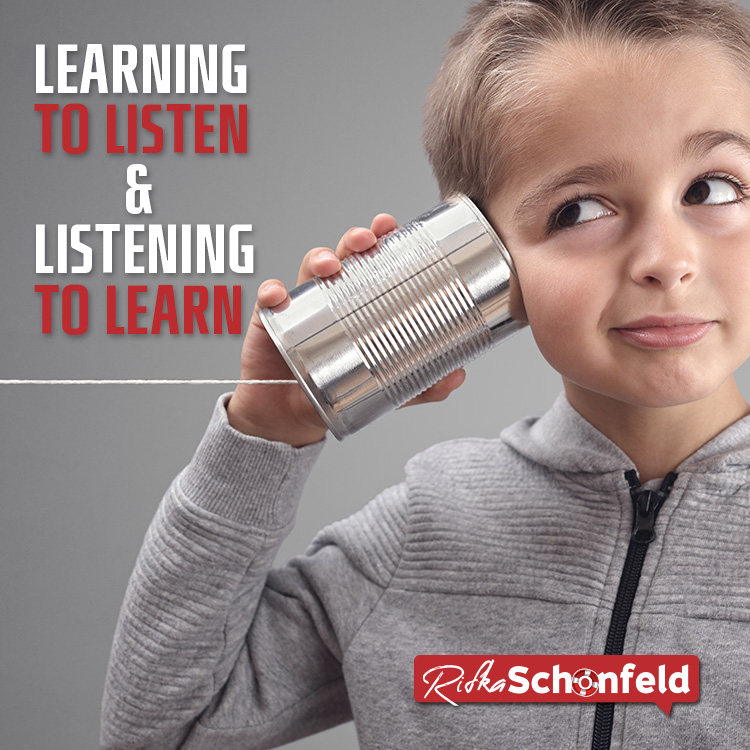Learning to Listen & Listening to Learn
- rifkaschonfeld
- June 1, 2020
- 0 Comments

Learning to Listen & Listening to Learn…
Most summers, I write about the importance of summer reading in order to stave off what education experts call “brain drain” or the loss of knowledge and skills over the time that school is out. This summer, I am choosing to write about “listening” to books as well. While we should be assembling summer reading lists, we should also be putting together summer “listening lists.”
For most children, listening is the first entry point into a text, and we finally have the technology to allow children (and adults) to listen to almost any printed book. For children with learning disabilities such as ADHD and dyslexia listening to books can be especially helpful in building skills and knowledge. According to David Rose and Bridget Dalton, the authors of Plato Revisited, “Listening while reading helps children learn the patterns of language, the obvious ‘code’ of letters and words on the page as well as less obvious codes, such as tone, nuance, and implied meaning. Brain imaging technologies show that when we listen, different parts of the brain are engaged than when we read—or even when we merely hear something. Listening can provide whole levels of information that are essential to determining the value and validity of a source. Teaching children to listen to tone of voice not only helps them develop reading skills but can help in the development of their social and conversational skills, too.”
What are some ways we can learn through listening?
- Audio books. There are great books available that have been prerecorded by the authors themselves or by qualified readers.
- One-on-one reading. You can read to your children one-on-one in order to help them discover new information that they otherwise would not have access to.
- Text to speech tools. There are computer programs that can read any text in a synthetic voice. While not ideal, this is an option if you cannot do one-on-one reading and there is no audio book available.
This summer, consider adding a listening list to your child’s schedule. You never know how much they will learn!


